Article by Kevin Young
Photo credit Niko
The pioneer filmmaker, Patrick Lung Kong will be honored with a Lifetime Achievement Award from fellow director, Tsui Hark for surging the Hong Kong cinema industry forward from its decaying decline during the 1960s. The Museum Of The Moving Image will be showcasing Lung Kong’s monumental films starting August 15th to August 24th. Lung Kong, spoke about his long career and unforgettable achievements at a press conference hosted by the Hong Kong Economic and Trade Office of New York (HKETONY).
Before Lung Kong graced the press conference with his presence, his friends and sponsors delivered speeches elaborating on the impact Lung Kong had on the Hong Kong film industry.
Steve Barclay, Director of the HKETONY, started off the press conference with a warm welcoming speech.
“It’s delightful to welcome you all here. I particularly would like to welcome director Lung Kong. My office has been actively improving trade and cultural relational ties with Hong Kong and 33 eastern states in the U.S,” said Barclay, “Film promotions are the core of our activities because Americans love movies just as much as we in Hong Kong do. Good movies transcend boundaries fostering cross cultural understanding,”
Following his speech, David Schwartz, Chief Curator, of the Museum of The Moving Image, spoke about how the idea of screening Lung Kong’s films came to be.
“On behalf of the museum of the moving image I want to say that the idea for this retrospective was sparked when Wong Kar-wei mentioned to Lung Kong that he should have a retrospective, at the New York premiere of Wong Kar-wei’s film The Grandmaster. Lung Kong was in attendance and Wong Kar-wei said to him you should do a retrospective,” said Schwartz, “We all agreed at that moment that it would be a great idea. It’s been a great partnership between the museum and the HKETONY and we are very grateful to have the New York Asian Film Festival (NYAFF) working with us. We are thrilled to be showing these films on the big screen.”
The final sponsor to commend Lung Kong was Grady Hendrix, the co-founder, of the NYAFF. As a cineaphile he explained what made Lung Kong’s films significant.
“On behalf of the NYAFF we are really excited the museum is doing this because Lung Kong should be more well-known. Cantonese films really sprouted from his works in the 70s and 80s. His films don’t only capture what Hong Kong used to look like photographically, but they also capture the spirit of the Hong Kong people. No matter what happens to Hong Kong the spirit of the people will endure. From watching these films people can see a sense of optimism, cynicism, and community. He has an amazing record of films that are very humane and passionate,” said Hendrix, “We really hope that this helps westerners who don’t know who Lung Kong is learn and understand why he is so important. The NYAFF has been around for a long time and we are just a bunch of white guys who love Asian films, especially Hong Kong ones. They are the dearest to our hearts. And the first time we saw Lung Kong attend the festival we nearly wet our pants in excitement. He’s been a huge supporter of the festival.”
Following all of the sponsor speeches, fellow directors, Tsui Hark and Jon Woo were more than happy to speak about their friend, influencer, and mentor, Lung Kong, the man that inspired Hark and Woo to become two of Hong Kong’s best film directors.
“The films directed by Lung Kong really express the true colors of Hong Kong. Much of LK’s films were completed in the 1960s. They represent something special about Hong Kong. Two things are particularly important, at that time the Shaw Brothers were becoming dominant in the film industry and the Cantonese market share was greatly threatened. During that time Lung Kong’s efforts revolutionizing Cantonese cinema was very crucial. In the 60s for 10 years Lung Kong was making films during the time when Hong Kong people were searching for a new identity. At that time Hong Kong’s youth experienced a sense of individualism,” said Hark, “It was a turbulent time and society was going through a lot of difficulties. Lung Kong’s films capture that, and through Lung Kong’s films we can witness the reality of Hong Kong during those tense years. Even up to now we can’t see persistence and the particular search for a spirit of Hong Kong’s nuclear core cultural values. Watching his films now we realize the reality of Hong Kong at the time. He provided a portrait of the Hong Kong people and the problems they had to deal with back then. After watching Lung Kong’s films, people like us went into making films ourselves. The inspiration provided by Lung Kong was really great. I can only thank director Lung Kong for the very difficult path he has opened with his filmmaking.”
Jon Woo wasn’t able to attend the press conference due to filming his upcoming movie but he was able to leave a video message for Lung Kong and the media to watch. He praised Lung Kong for enhancing the way films are made.
“I am very grateful and thankful for you, Lung Kong. I watched all of your movies and they have all inspired me. You were the director that introduced me to a new and better cinematography language. I’ll continue to follow in your path and will always remember you were the pioneer that paved this new road to directing. I look forward to seeing you soon, my friend,” said Woo.
Lung Kong greeted the press and the sponsors and then elaborated on what it feels like to be called the pioneer of Hong Kong cinema.
LK: My heart jumped out after hearing all those good things said about me. In the 60s I was promoted for some reason to become a director. It was a time when Hong Kong films were at their lowest point. To put it another way the Cantonese cinema was facing its demise at the time. Why the demise? There was too much production and quality control was lost. The films that we could see at the time were Cantonese opera films or comedies that no one laughed at. Many people ask me was Cantonese film facing its end? I told them Cantonese films only represent films made in Cantonese, they don’t represent films that are bad. In the film market only films that are bad don’t survive and they weren’t films in Cantonese language that would become destroyed. At the time the companies I worked at and colleagues I worked with gave me a challenge. They said “why don’t you make better films then.” The first thing that I felt was that the types of films were too narrow. They were repeating the same films. I’ll use the example of fried chicken, If I fed you Kentucky Fried Chicken every day you wouldn’t like it. The first thing that needed to be done was to change the types of films being made. I used all of my energy into making around 14 films during the period. All of these films have different themes and I wouldn’t allow myself to tell the same story.
After Lung Kong delivered his welcoming speech, the press conference commenced where various news outlets asked their questions which were translated into English.
Tsui, what was the process like working with Jon Woo, on A Better Tomorrow the remake of Lung Kong’s film a Discharged Prisoner.
TH: It started with me and Jon woo when we were both in Taiwan and we both at low points in our lives. We talked about the story of LK’s film a Discharged Prisoner. We felt that the film had offered great encouragement for us about someone struggling in society to remain himself. During the 80s Hong Kong was facing its return to China. The Hong Kong people experience many fluctuating emotions and were looking for themselves. The political climate was very fragile at the time. We felt in that time of climate we should remake the film.
Lung Kong, what is your opinion about modern day Chinese directors?
LK: To me the Chinese directors today are all very good. For example Director TH is a great director above the international standard. These directors are better than me. One reason is that the conditions for making films today is much better because they have a 100 times more money than I had. My budget for discharged prisoner was $12,000 but for TH it was $1,000,000.
Lung Kong, you actively attend many film festivals. How come?
LK: People say to me “Why are you running around attending all these festivals?” I go to them because I love cinema. I’m very supportive of film festivals. If there’s a film festival I will be there. That’s why you always see me running around at film festivals not because I want to direct films. I went back to Hong Kong 3 years ago and someone approached me and said “If you start a film I will give you $500,000,000, so start the film now.” I told him thank you very much you keep your $500,000,000 and I’ll keep my life. (laughs)
How did Hong Kong’s film industry change when Hong Kong became under Chinese rule?
TH: We are all students in front of Lung Kong but in terms of Hong Kong’s cinema the survival spirit of Hong Kong has always translated very well. It can still be see in a few modern films today. For example, Hong Kong has a very small market but was able to develop a very important film industry. So when the Chinese market opened, it’s no surprise that Hong Kong directors went there to make a living. But Hong Kong stories are still being made and I do believe Hong Kong films will continue to make interesting films.
Lung Kong, what is the film industry like in your perspective?
LK: I myself like the realism of films. Something true to our lives. I learned from all the good directors. There are so many I can’t name them all. There’s a phrase “all articles in the world are copied” in the film business there are two big sections, one for entertainment and the other side is artistic. Nowadays, directors gravitate towards the Hollywood side but that doesn’t mean the artistic side of the industry is gone entirely. Filmmaking is like cooking, you could put in a whole bunch of ingredients to create something unique. Films can mix the Hollywood side with the artistic side to create something really special.
Overall, Lung Kong is extremely satisfied and honored to be commended for his once in a lifetime achievement of revolutionizing an entire film industry. Many directors followed in his path of portraying realistic stories and that idea that still continues today. These days Lung Kong may not be directing or taking part in any future productions, but he is vigorously attending international film festivals to support the cinema industry as a whole. Be sure to check out the screenings of 9 of his groundbreaking films at the Museum Of The Moving Image.
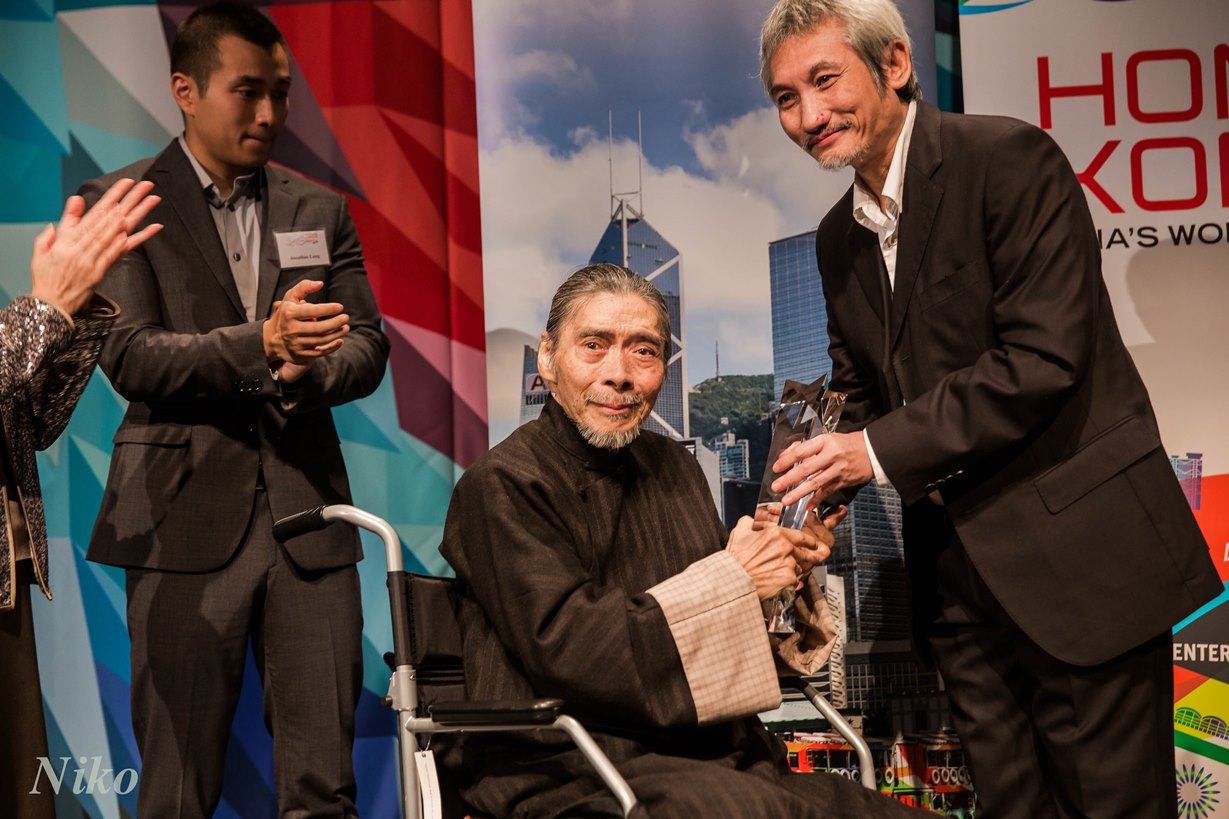
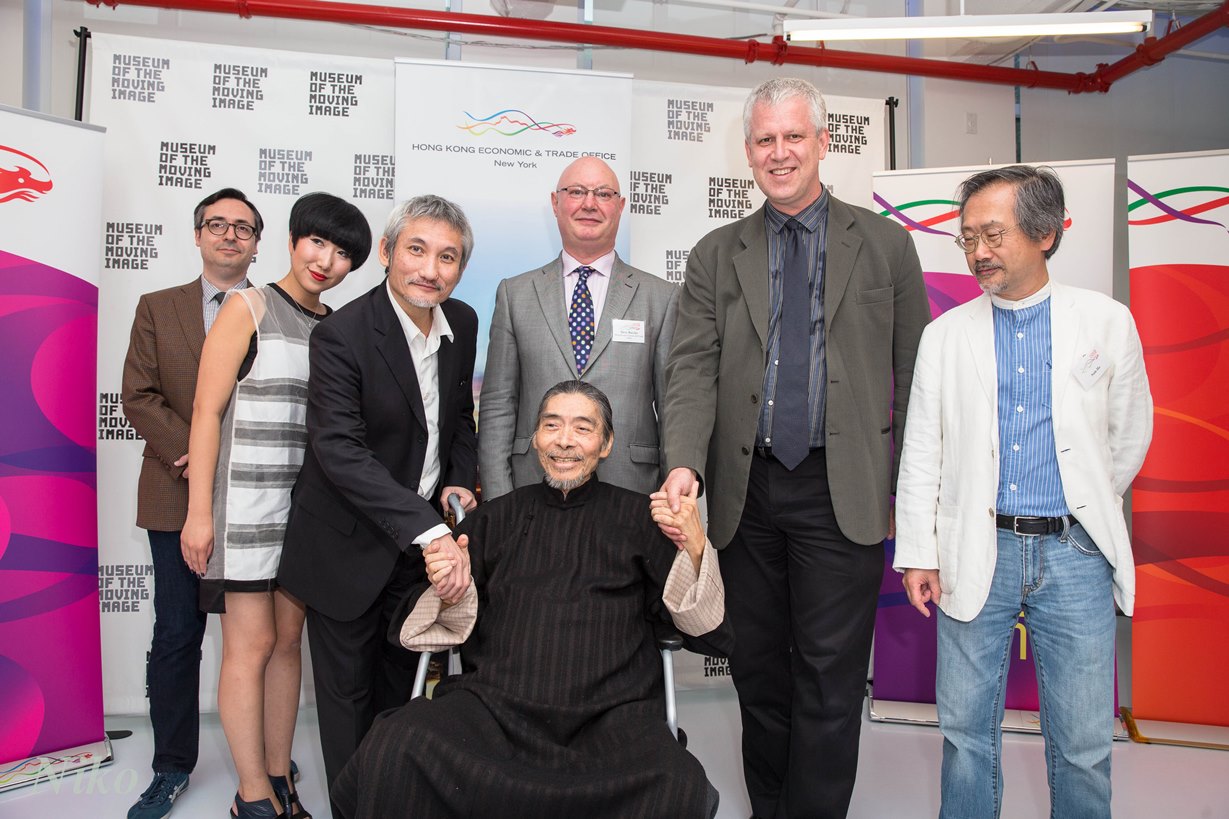
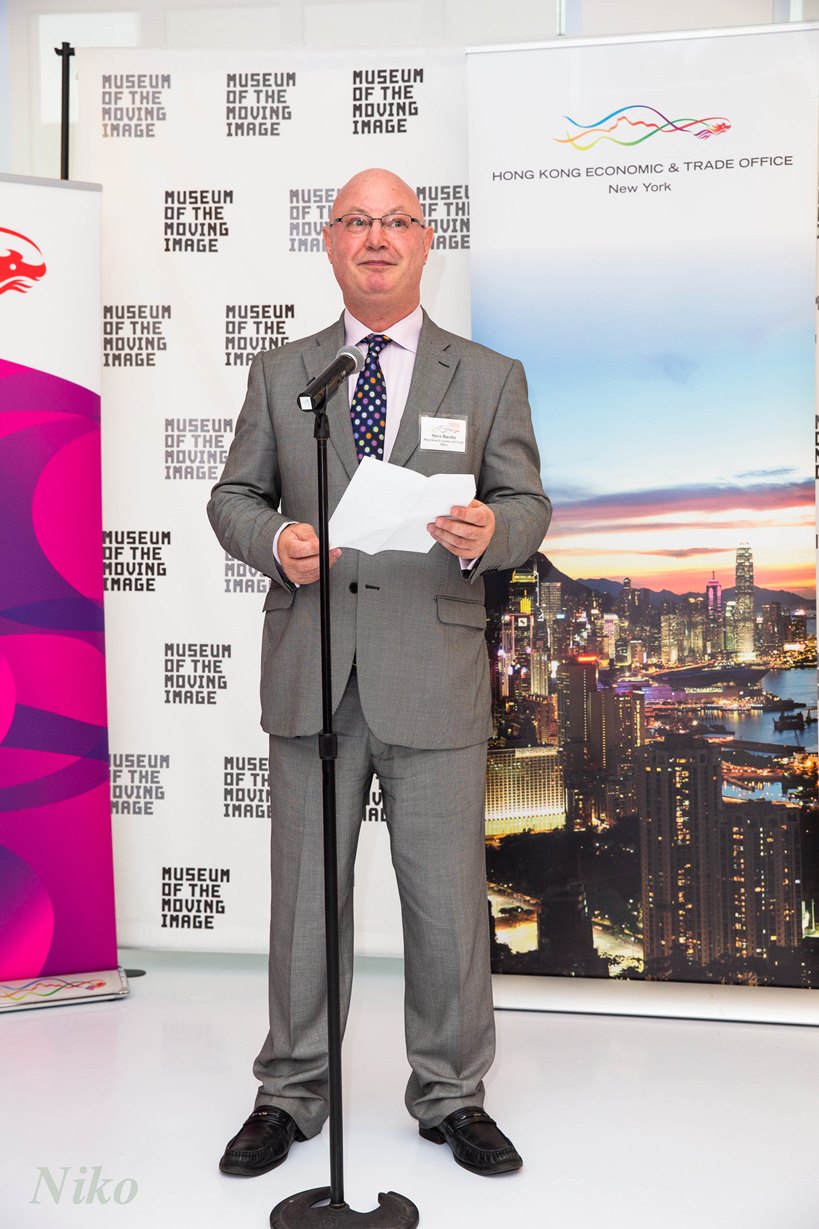
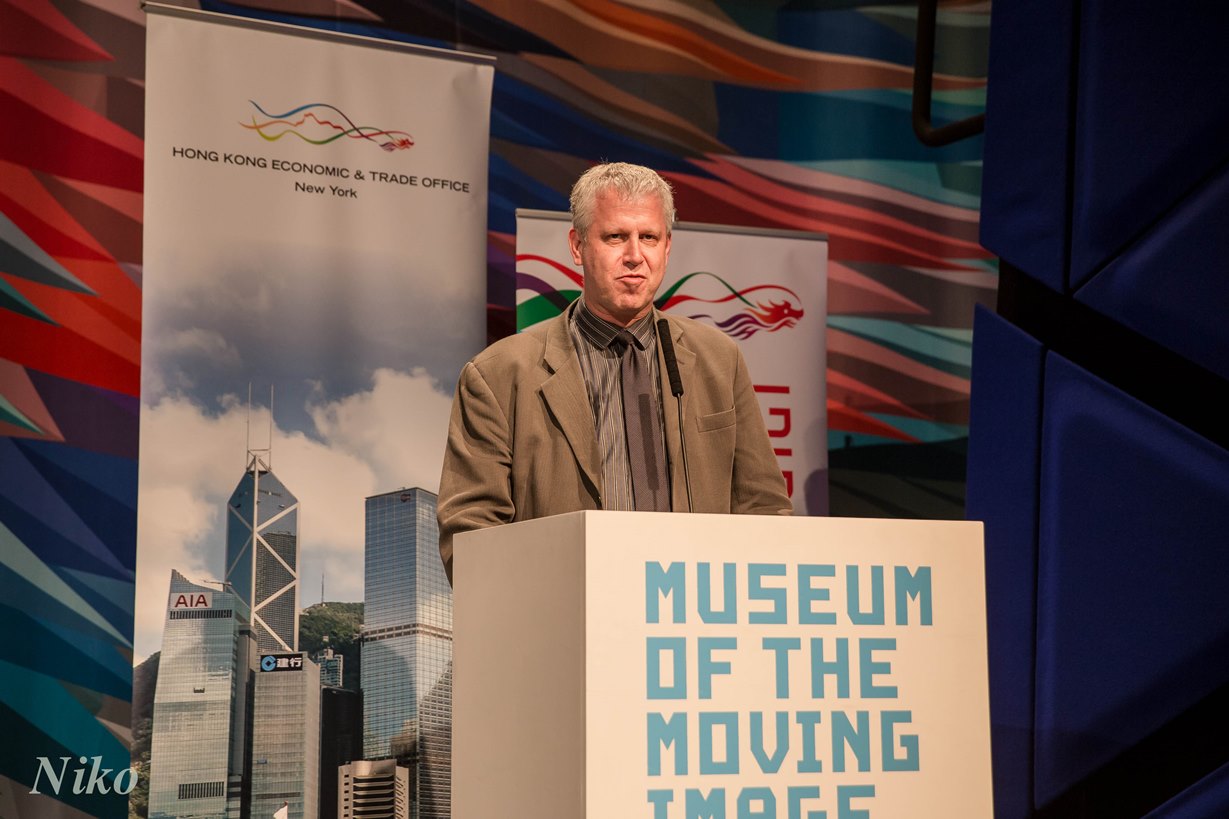
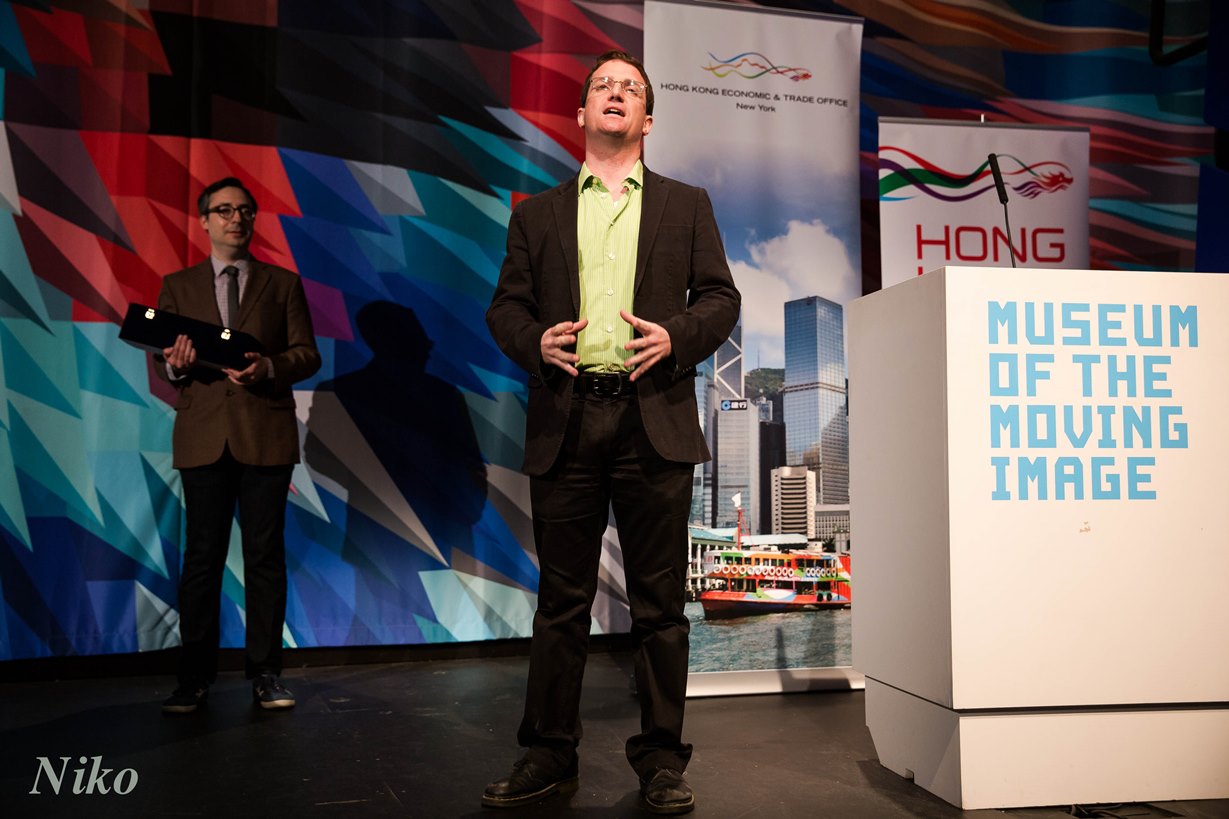
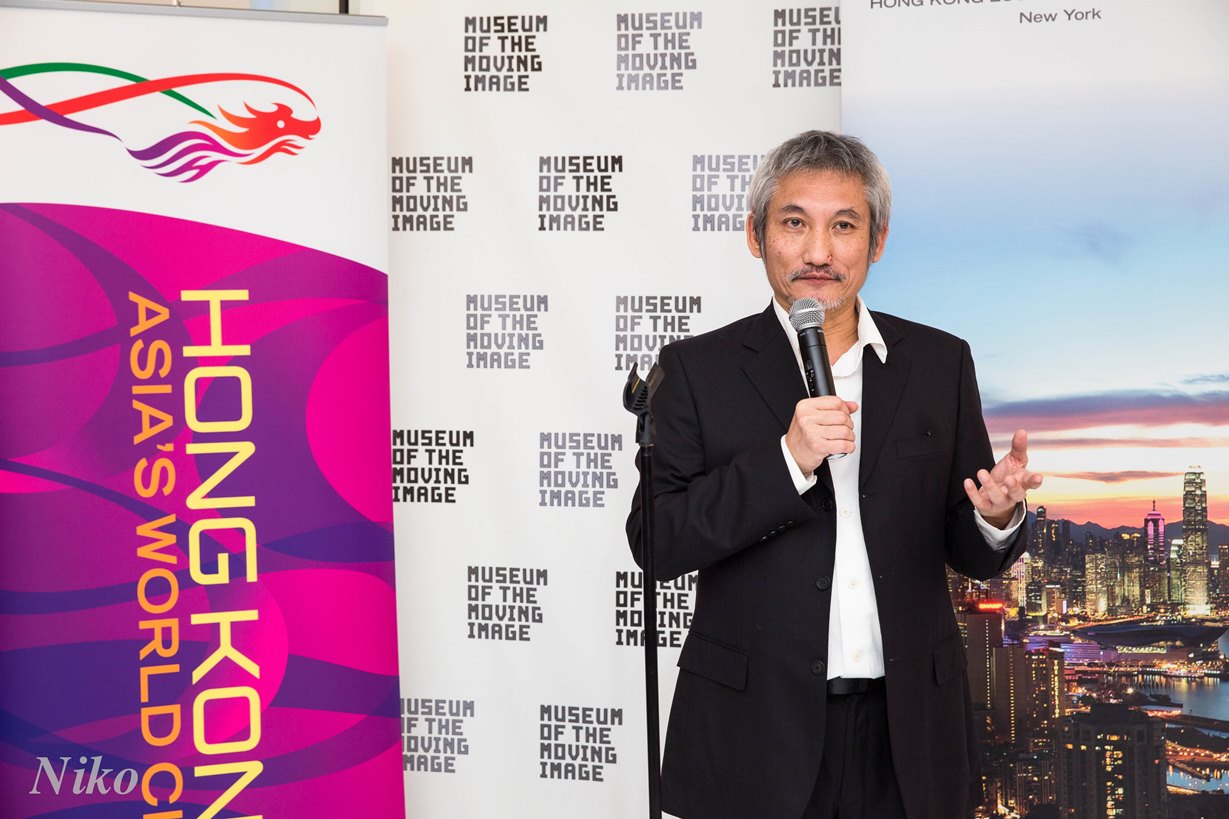
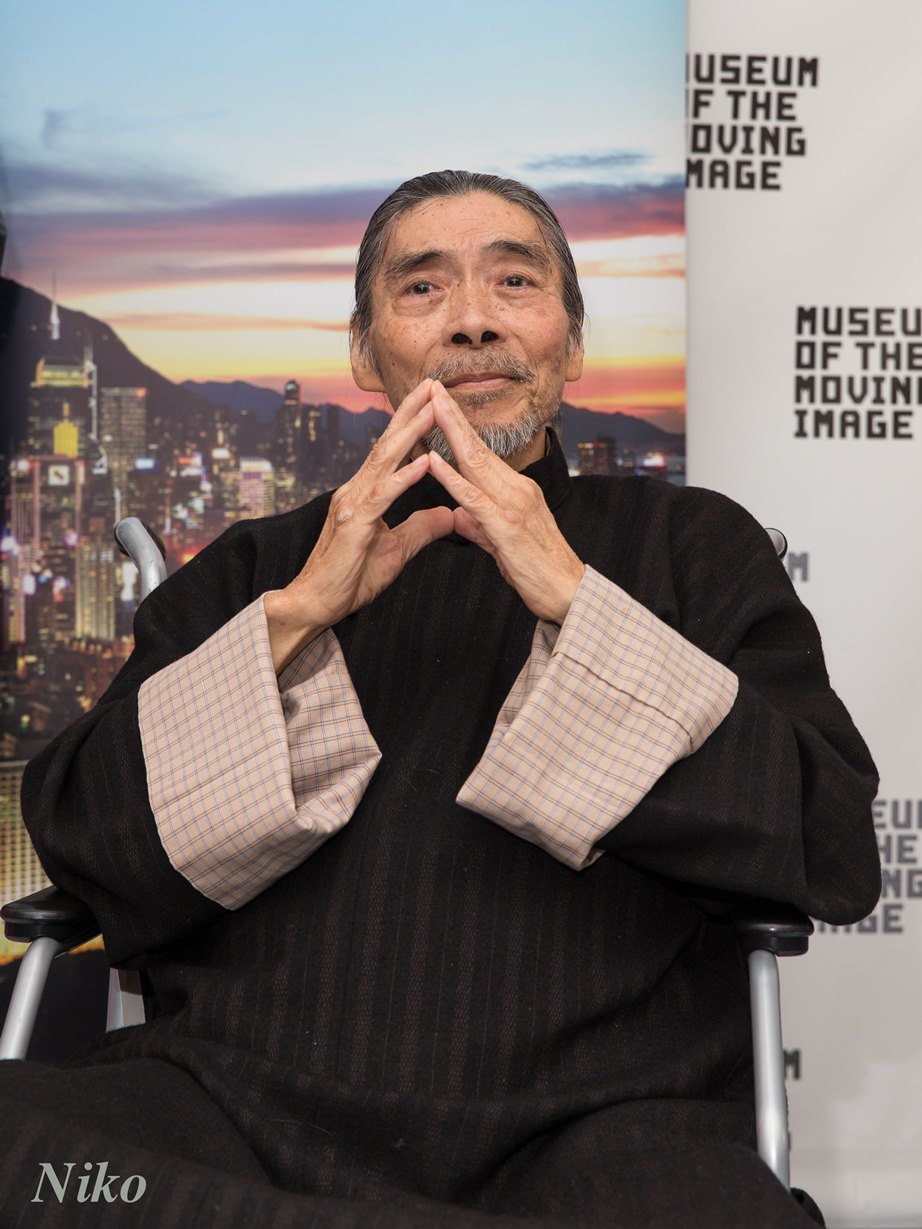
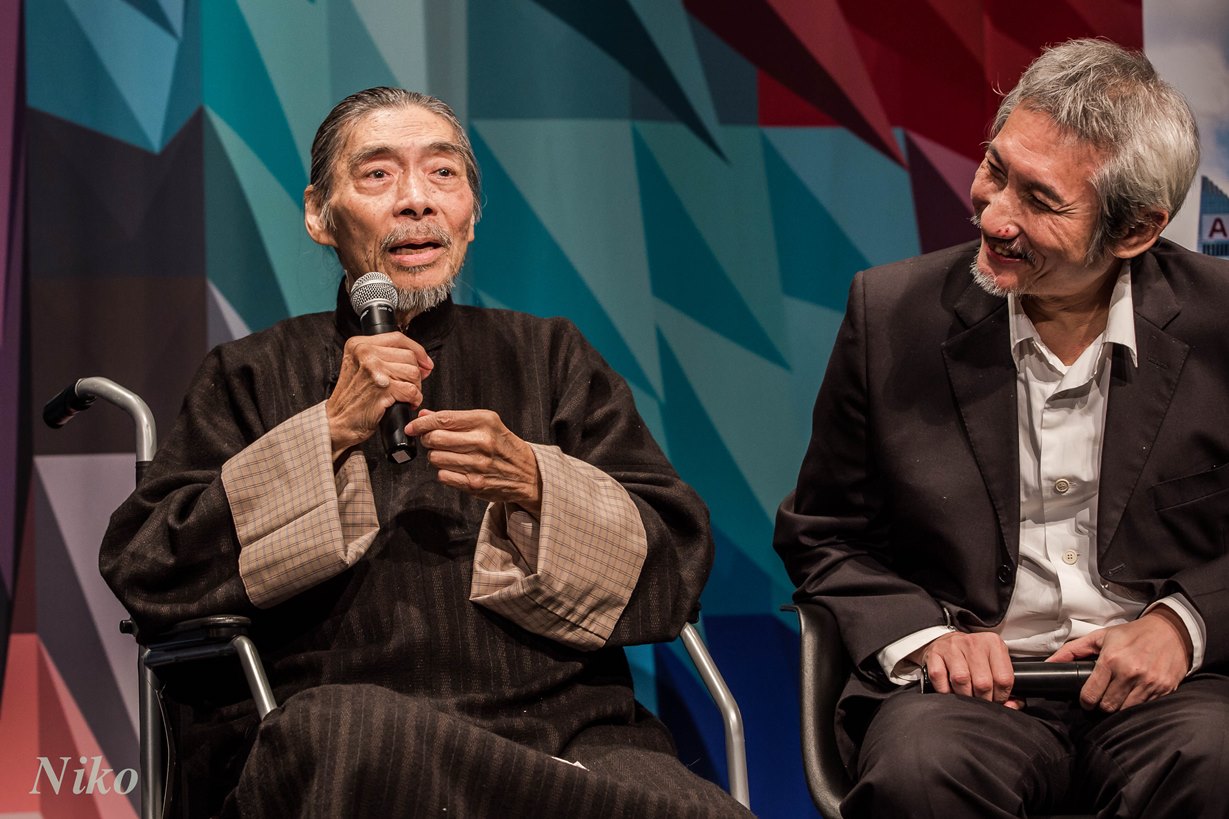

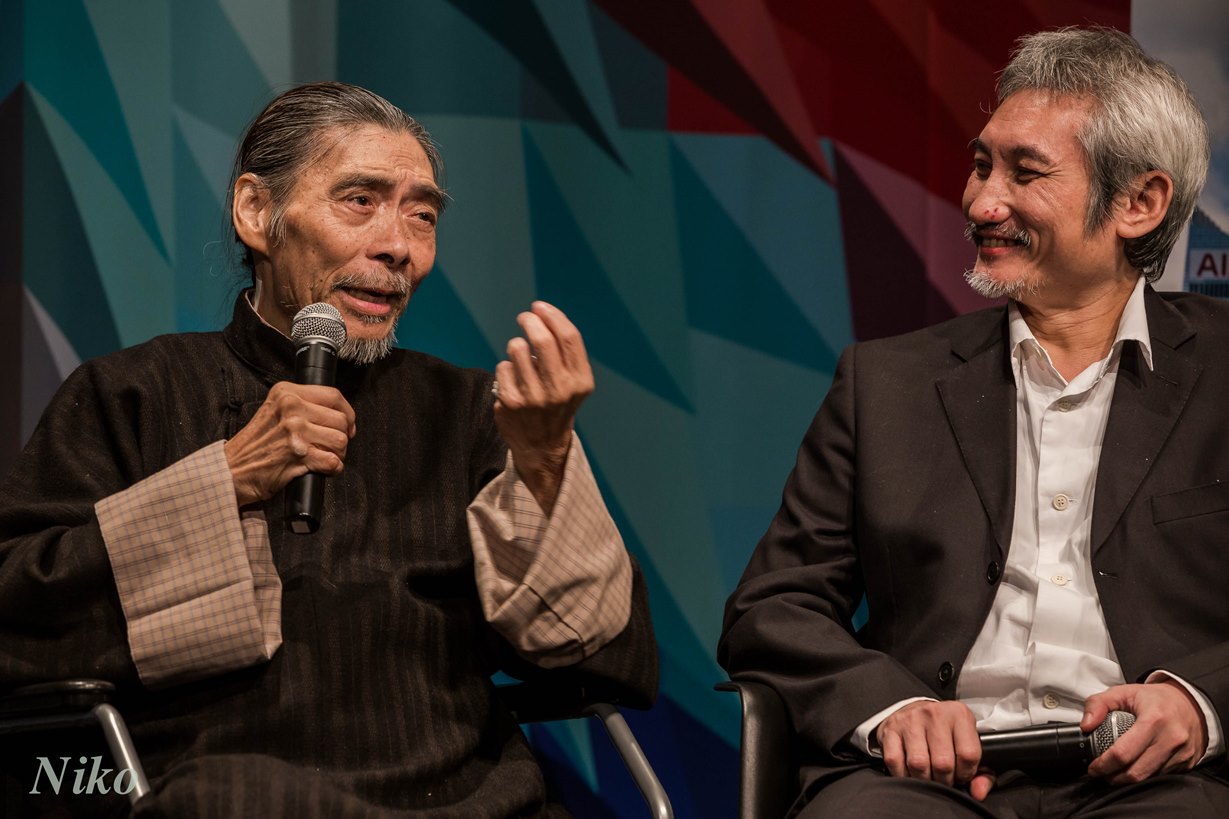
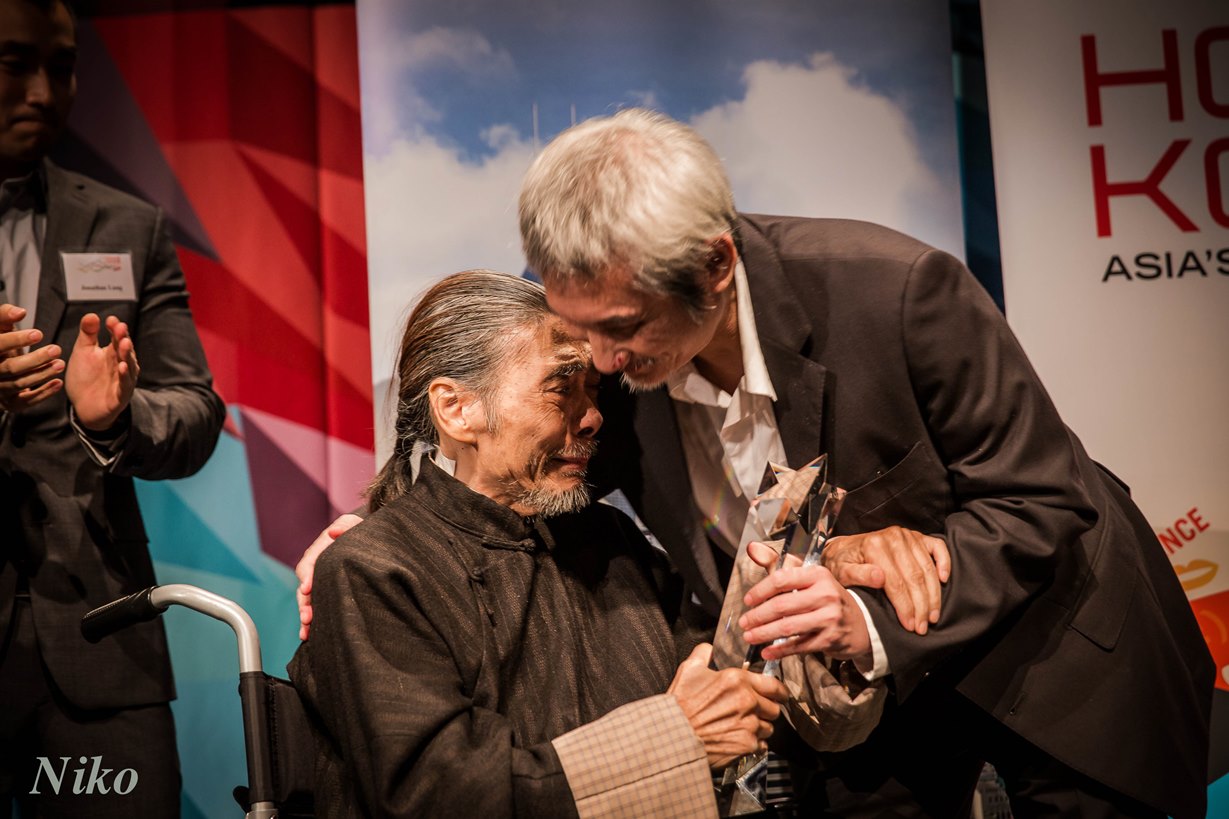
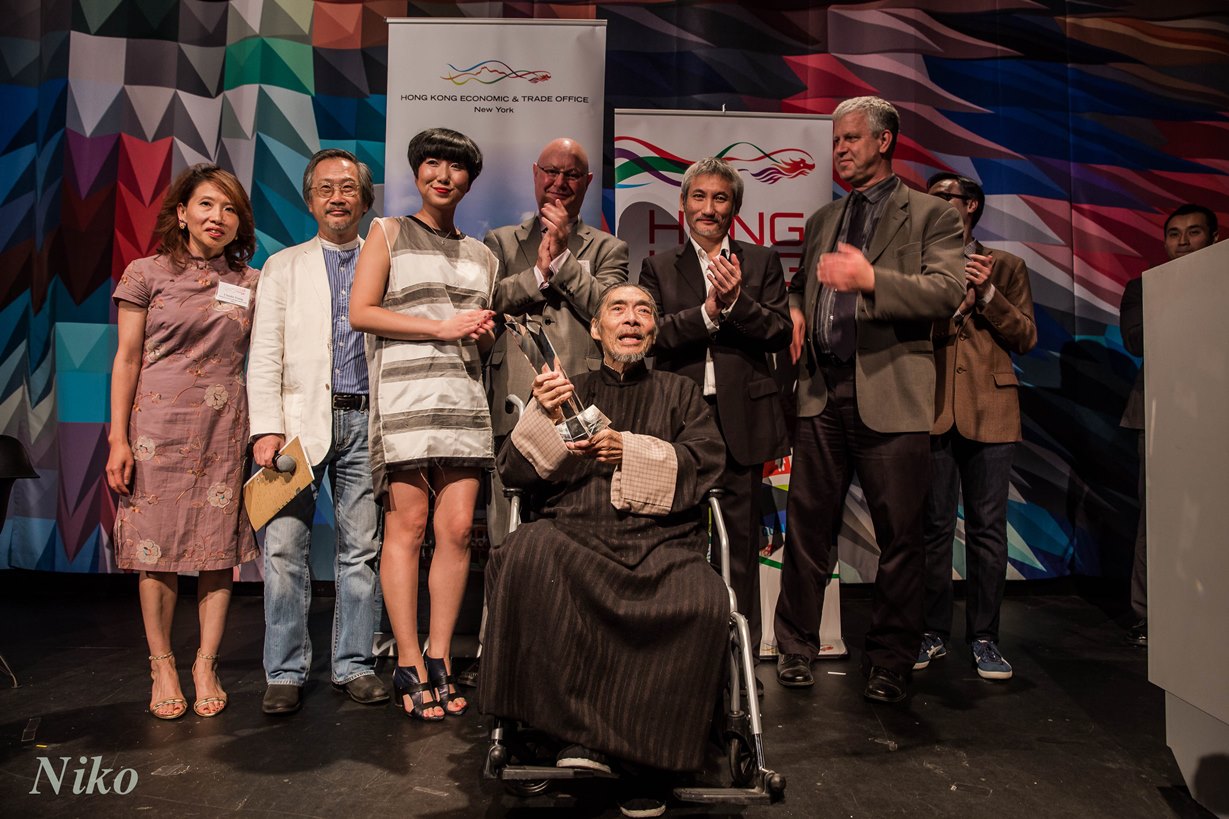
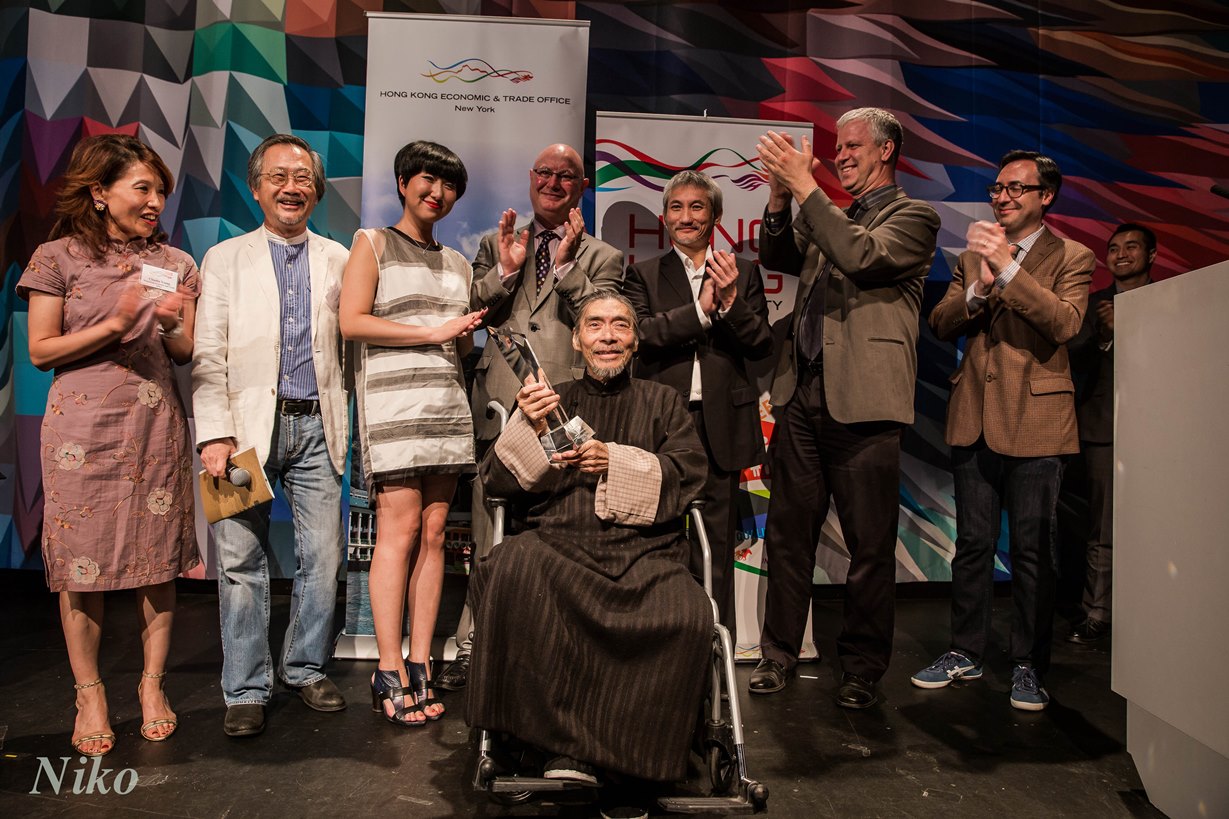
Leave a Reply